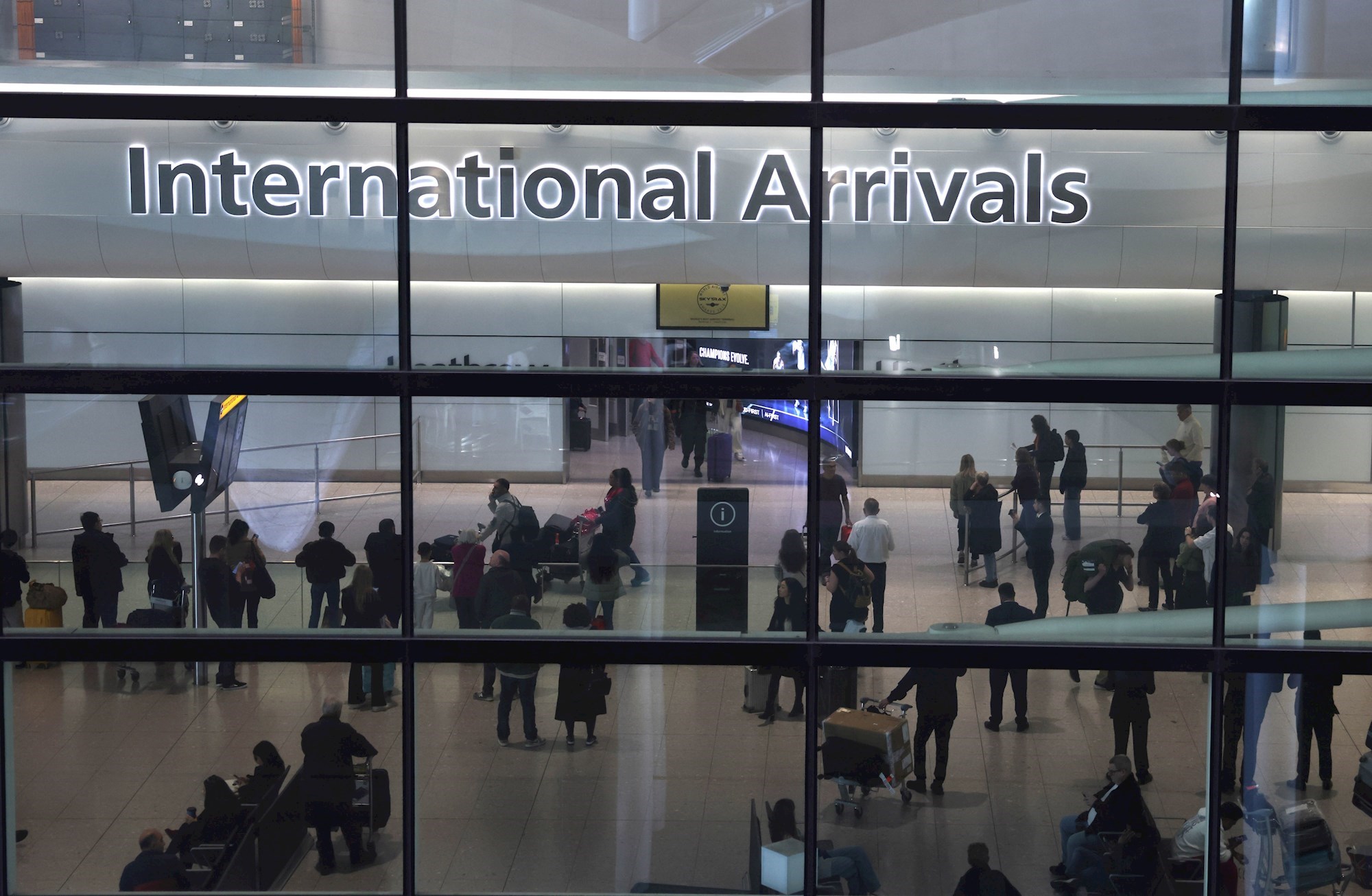The European Union is considering introducing or increasing entry fees for tourists from countries such as the USA and the UK to partially repay the joint debt incurred due to the pandemic. Proposed measures include raising the ETIAS system fee from the current 7 euros, which would particularly affect British tourists who already face additional border controls due to Brexit. Other options under consideration include fees on small packages from China and additional taxes on digital companies and the aviation industry. Some critics argue that increasing taxes could negatively impact Europe’s competitiveness and deter investors. No final decision has been made yet, and proposals are still under review.
Political Perspectives:
Left: Left-leaning sources tend to emphasize the social justice aspect, highlighting the need for the EU to find ways to repay pandemic debts without burdening ordinary citizens excessively. They may focus on the potential negative impact on tourism and the working class, and advocate for fair taxation of large corporations instead.
Center: Centrist sources report the facts of the EU’s consideration of new fees and taxes, presenting balanced views on the potential benefits of increased revenue for pandemic recovery and the possible downsides such as discouraging tourism and investment. They highlight the political negotiations and the complexity of implementing such measures.
Right: Right-leaning sources emphasize the risks of increasing taxes and fees, warning that such measures could harm Europe’s competitiveness, deter investors, and negatively impact the economy. They often argue against new taxes on travelers and businesses, advocating for minimal government intervention and fiscal responsibility.







































